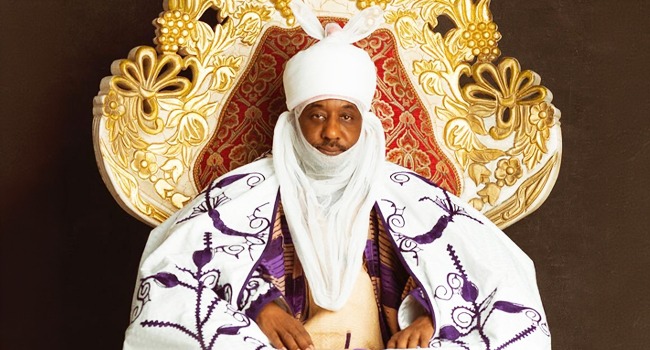The ongoing legal battle within the Kano Emirate, a historical institution in northern Nigeria, has taken a dramatic turn with far-reaching implications. A recent ruling by the Federal High Court in Kano has nullified the dethronement of Emir Aminu Ado-Bayero and four other Emirs, effectively reinstating them to their positions. This ruling has upended the recent restructuring of the Emirate, causing significant shifts in power and authority.
At the heart of this conflict is the Kano Emirates Council Law (2019), a legislation passed by the Kano State government that fundamentally altered the centuries-old structure of the Kano Emirate. This law carved out four new Emirates from the existing one – Bichi, Rano, Karaye, and Gaya – each with their own First Class Emirs, thereby diluting the authority of the Emir of Kano.
The saga continued with the enactment of the Kano Emirate Council Law (2024) by the Kano State government in 2024, which effectively reversed the 2019 law, dissolving the newly created Emirates and reinstating Kano as a single Emirate, with a single Emir. Consequently, Emir Aminu Ado-Bayero was dethroned, and the former Emir, Muhammadu Sanusi II, was re-appointed as the 16th Emir of Kano.
However, these changes were swiftly contested in court. A prominent kingmaker in the Kano Emirate, Aminu Babba Danagundi, refused to accept the new developments and mounted a legal challenge against the repeal of the 2019 law.
In a significant and decisive turn, Justice Abdullahi Muhammad Liman, presiding over the case, ruled in favour of Danagundi, declaring the Kano Emirate Council Law (2024) null and void, effectively reinstating the 2019 law. This ruling means that Emir Aminu Ado-Bayero and the other dethroned Emirs reclaim their positions, reverting to the five-Emirate structure established by the 2019 law.
The court’s decision has created uncertainties regarding the future of the Kano Emirate. The Kano State government may choose to appeal the ruling, potentially leading to a prolonged legal battle. Alternatively, there is a possibility of negotiations between the government and traditional rulers to find a solution that harmonizes tradition with the state’s legal framework.










